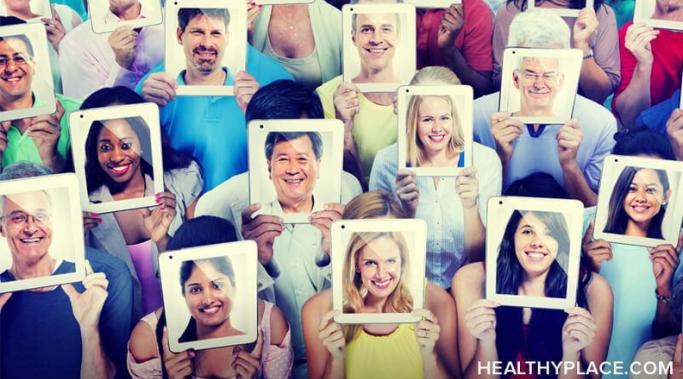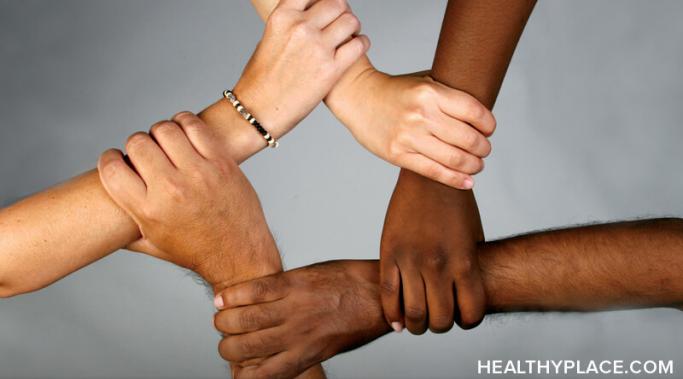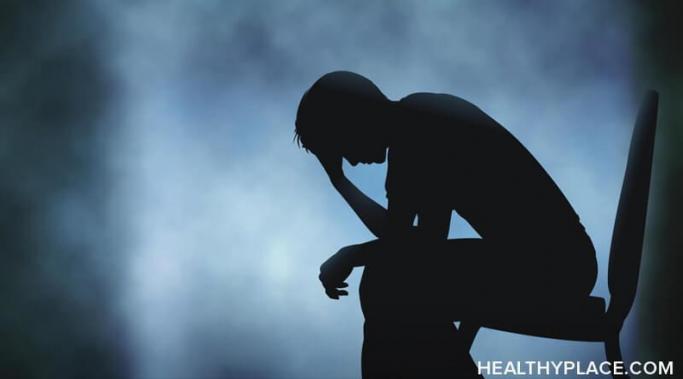Blogs
Talking about verbal abuse isn't easy. Have you ever brought up the issue of verbal abuse in a conversation and instantly been met with an eye roll, groan, or grimace? If the answer is yes, you're not alone. People don't generally like to talk about verbal abuse and even less, be accused of verbal abuse, especially if you're using the words "verbal abuse." In this modern age of politically correct and technical language and the aversion that comes with it, how do we begin talking about verbal abuse, a rampant issue that affects nearly everyone at one point in their lives?
Whether to use attention-deficit/hyperactivity disorder (ADHD) drug holidays or not is a secondary decision for doctors and parents of children with ADHD. But before you discuss ADHD drug holidays, you must decide whether to use ADHD medications at all. First, you have to manage the stigma and judgment that comes with medicating your child. Then, if you do decide on ADHD medications, you have to juggle side-effects, changes, and the complicated decision of ADHD drug holidays.
When was the last time you were feeling guilty? How long did it take you to stop feeling that way? Did you dwell on it for a long time? Many people with anxiety and depression feel guilty for their mistakes and shortcomings. While feeling guilty is normal, it could get to the point where it affects your mental wellness. Read this article for things to remember when you're feeling guilty and it's affecting your mental health.
Anticipatory anxiety occurs when you experience anxiety while thinking about an event in the future and it can be a very difficult form of anxiety to challenge. Since I started graduate school, a number of deadlines and events have popped up that require significant planning and time management. Thinking about all of these can be challenging and makes it hard to focus on the present and feel positive about what I've accomplished so far. This form of anxiety can occur for a variety of situations, whether you're trying to achieve a goal, facing a frightening event, or worrying about something you don't want to happen. Engaging with anticipatory anxiety can also make you feel like you have no control over your life -- when you focus on things you haven't done yet, it's easy to lose sight of what you have been able to do already. Consequently, the challenge of anticipatory anxiety is shifting focus from the events you're concerned about to the actions you can take in the present to achieve your goals. Here are some steps I use to take control of my anticipatory anxiety and stay engaged in the present.
Eating disorder social media can definitely have its pros and cons. I'm here to focus on the positive that social media as related to eating disorders can bring to our lives. If we stay away from the dark side of social media, there are many ways to find inspiration each day to aid in our eating disorder recovery journey. Eating disorder social media can be good for you.
Creating a strong support system when you have depression can affect your mental illness recovery in a positive manner. I learned this during my 12-year battle with depression.
Many people associate self-harm with borderline personality disorder -- and rightly so, as self-harm is a symptom of borderline personality disorder -- but can you self-harm and not have borderline personality disorder? Or, more specifically, can you self-harm and still be correctly diagnosed with bipolar disorder (or something else) and not borderline personality disorder? Self-harming and not having borderline personality disorder is actually quite common.
When you struggle with a feeling of unworthiness, it's often because you are attached to certain assumptions about yourself. Here are three negative beliefs to be on the lookout for. You have to be able to notice them – and understand why they're toxic – in order to challenge them.
Surviving vs thriving: What you're doing to cope with dissociative identity disorder (DID) depends on your state of mind. Do you call yourself a survivor or a thriver? One dictionary defines the word "survive" as continuing to live or to simply exist. Another dictionary defines "survive" as to live through a dangerous situation. For those of us with dissociative identity disorder, surviving comes naturally. Developing DID was our only means of survival as children. As adults, could there be more for us than just surviving DID? Are we just going to live with DID, endure and get by with its many complications? Is surviving all there is to life? Could we actually learn to thrive with DID, to prosper, flourish, and succeed? What is the difference in surviving and thriving with dissociative identity disorder?
Most people think that the reason taking medication for schizoaffective disorder is difficult is because of the side effects such as weight gain or fatigue. While these problems offer major factors, many other causes contribute to the challenge. What I’m going to focus on in this article is that taking medication for schizoaffective disorder can be physically hard to take and hard to organize. That said, I believe one of the reasons I’m doing so well after 20 years with schizoaffective disorder can be credited to my compliance with medication. Here are some tips I’ve picked up over the years that can make taking medication for schizoaffective disorder easier.









